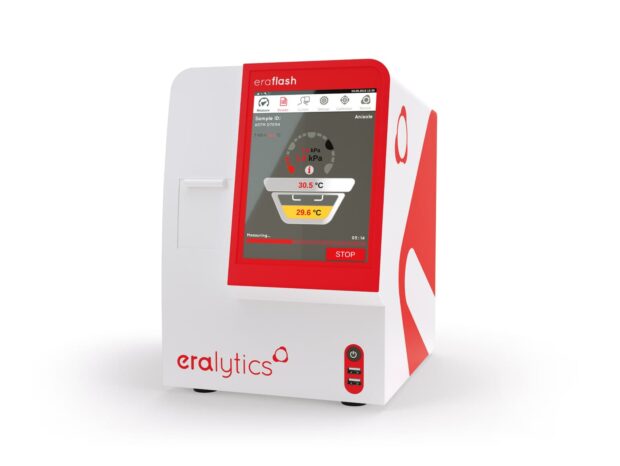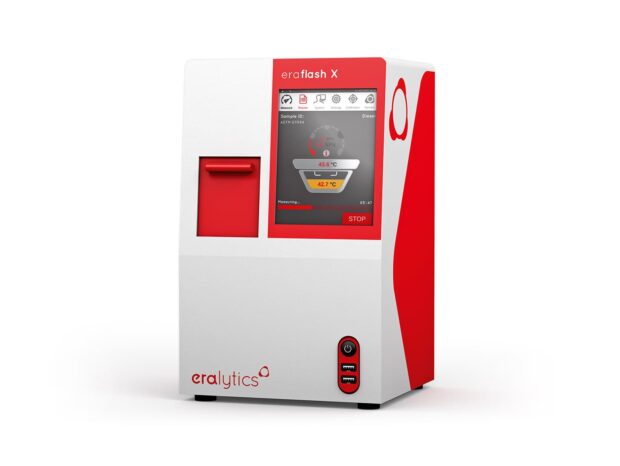Standard Specification for Fuel Oils
Get more information about the standard at ASTM D396-21
ASTM D396 is a globally recognized standard that specifies the requirements for fuel oils used in commercial, industrial, and residential heating systems. This standard establishes performance, composition, and physical property criteria for six grades of fuel oil, ranging from light distillate fuels to heavier residual oils. With its broad applicability and essential role in quality assurance, ASTM D396 ensures the reliability and efficiency of heating fuels across various applications.
Details
The ASTM D396 standard defines the characteristics and quality benchmarks for fuel oils, including sulfur content, viscosity, flash point, distillation range, and pour point. It categorizes fuel oils into six grades: Grades 1 and 2 are distillate fuels commonly used in home heating, while Grades 4 through 6 include heavier oils often employed in industrial boilers and furnaces.
The standard is critical for ensuring the safe, efficient, and environmentally compliant use of fuel oils. For instance, sulfur content limits are specified to reduce emissions and meet environmental regulations, while viscosity and pour point requirements ensure proper handling and flow performance under various temperature conditions. By adhering to ASTM D396, manufacturers and consumers can achieve consistency in product quality and performance.
Industries & Applications
ASTM D396 is widely applied in industries and sectors where fuel oils are used for heating and energy production:
- Residential Heating: Ensures the quality and efficiency of heating oil used in home furnaces and boilers, providing reliable heat during colder months
- Industrial Boilers: Supports the operation of large-scale heating systems in manufacturing plants, power generation facilities, and chemical processing units
- Commercial Heating: Used in office buildings, hospitals, and schools to ensure a consistent and safe heat supply
- Marine and Transportation: Guides the use of specific fuel oil grades for auxiliary engines and ship boilers
- Environmental: Helps industries meet regulatory requirements for sulfur emissions and other environmental standards

